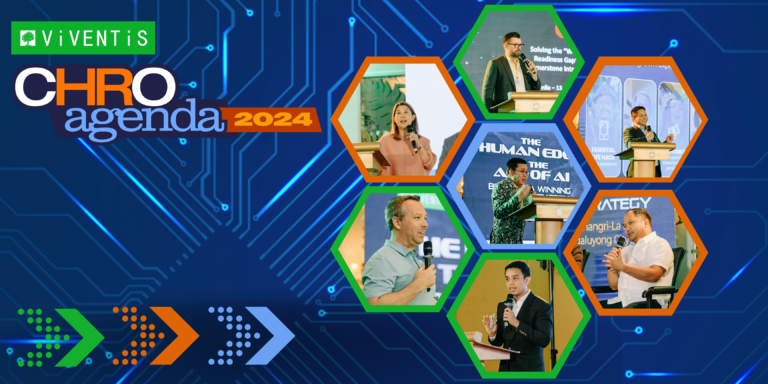Experiential Learning is a type of learning as well as a great way to acquire both knowledge and real-life experience because you are not only learning but also implementing the know-how pretty much instantly. This form of learning keeps the process going and makes it more interesting for people to learn since they are putting the abilities they are learning to use immediately and in the best possible setting. This is different from traditional teaching methods where you could be reading something but will never use it in the “real world.”
One good example of experiential learning is apprenticeship. Working in a real-world environment and engaging with actual clients allows your team to put their newly acquired abilities to practice.
Consider the following experiential learning examples:
- Employees at call centers are trained by simulating calls with their coworkers.
- Employees are trained on the job by on-the-job mentors (instead of in a classroom).
- Following a recent emergency event in an ER, staff used a simulation to train new employees to see how they would respond.
Instead of passive learning models, all of these experiential learning examples emphasize learning by doing. They are applicable to a wide range of areas and businesses, making them a vital component of your total workplace training program.
What’s the Importance of Experiential learning?
A pioneer in the field of experiential learning, psychologist David Kolb defines four components of experiential learning:
- Concrete experience – Active involvement in the experience.
- Reflective observation – Analyzing the experience.
- Abstract Conceptualization – Forming conclusions and assessing what trainees have learned.
- Active experimentation – Putting what has been taught into practice.
Experiential learning has the potential to transform how businesses train their employees. It is no longer sufficient to just present material once; research shows that frequent chances for practice substantially boost learning. It is also known as learning in the flow of work and can help you develop new talents and become a better leader.
Benefits of Experiential Learning
- Develops employee’s capacity to adapt to new situations
In a small-scale study, researchers found that students who learned about politics through direct teaching performed equally well on a final exam, but when given the task of developing a new legislative policy, those who engaged in experiential learning were better able to incorporate all aspects of their learning.
Employees who learn while working might become nimbler and more adaptive to new situations. - Bridges the gap between theory and practice
Experiential learning is the top choice for putting theory into practice. The best companies understand how to balance instruction delivery such that a small amount of time spent with well-designed micro-learning or other instructor-led resources can kickstart the practice process in future experiential programs. - Provides a safe space to fail
Experiential learning through simulations allows employees to fail safely. When they employ their abilities in simulations and other appropriate circumstances, their careers are not jeopardized. - Delivers a stellar ROI
Experiential learning in the workplace allows people to learn while they are doing their daily duties. This means spending less time away from the workplace at a conference or in the boardroom.
While both these training methods have their uses, keeping people at work while they learn delivers a greater ROI than sending them off to train somewhere else.You know what they say: experience is the best teacher.
- Allows accurate assessment of skills
Gathering learning data is difficult and needs a significant amount of focus and effort in order to obtain accurate statistics. Analyzing the data from your experiential learning tools can be very helpful. Simulations and gamification programs can offer a plethora of data on the decisions employees make during training. As a result, employers will be able to determine which abilities require more attention and which ones are rock solid.
Viventis Search Asia‘s take on experiential learning is the one you should look out for.
In addition to Leadership and Development Programs, the Viventis Talent Development Center for Leadership and Excellence develops and administers experiential learning courses that foster creativity, teamwork, resilience, and grit as well as problem solving, and technological tools like Learning Experience Platforms and Learning Management Systems
As we acknowledge the need to create chances to cement intended behavior and insights learned from classroom training, the Viventis Talent Development Center for Leadership and Excellence can develop a series of customized game activities along with strong debriefing and processing to optimize the learning experience.
If you want to improve your career prospects, experiential learning is the way to go.
Start looking into our experiential learning services and book an appointment with us!
